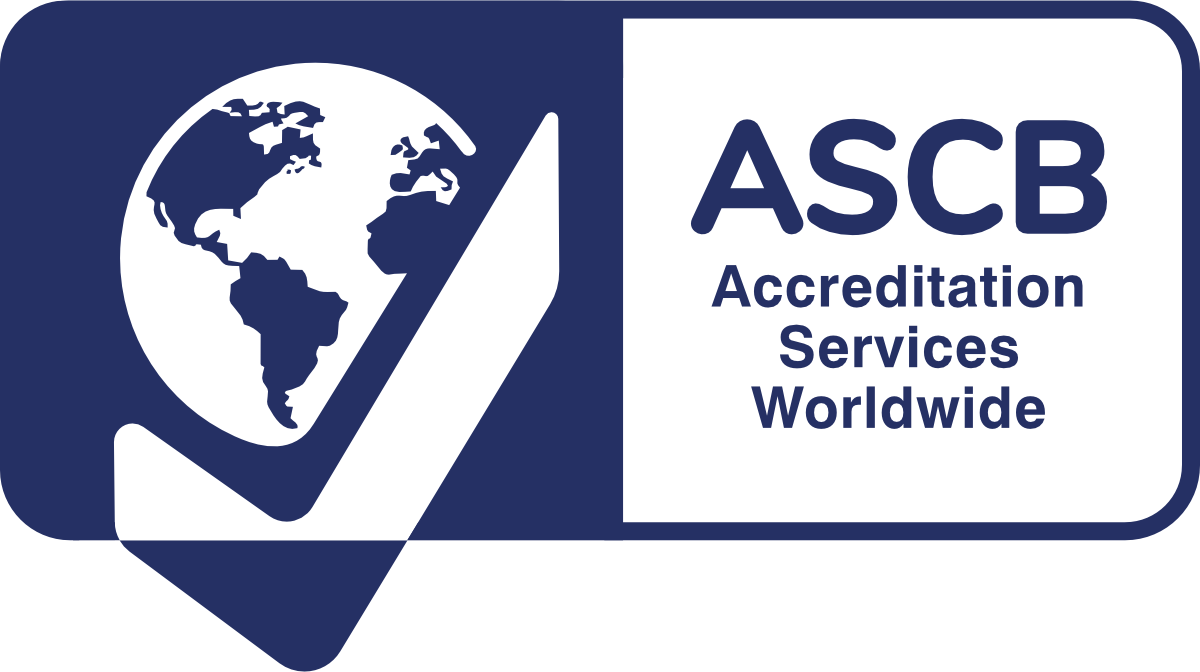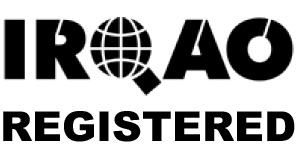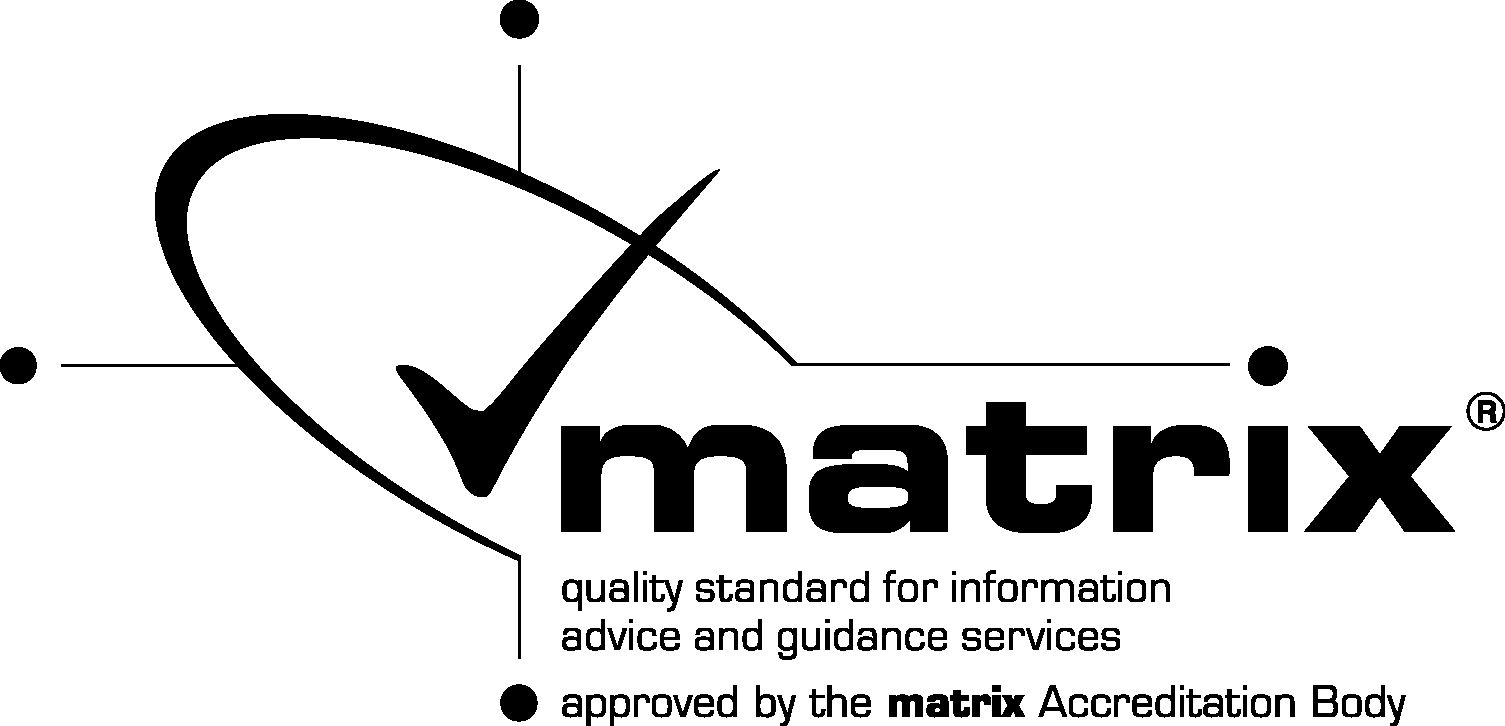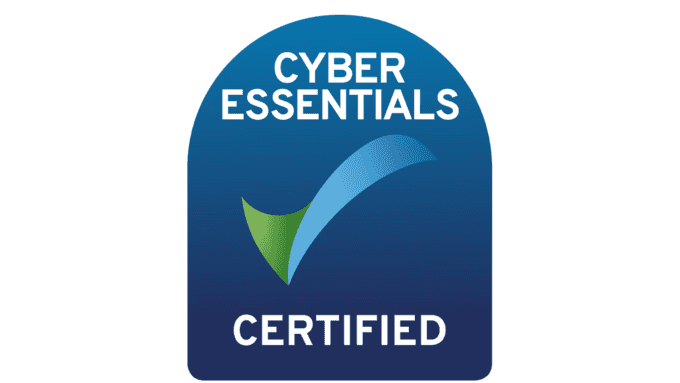Blog Article
Common Misconceptions about ISO Certification:
Common Misconceptions about ISO Certification: Debunking Myths for Clarity
ISO certification, an internationally recognised standard for quality and efficiency, holds significant value for businesses across industries. However, it's not uncommon for myths and misconceptions to cloud the understanding of what ISO certification truly entails. In this blog, we'll shed light on some of the most prevalent misconceptions surrounding ISO certification and provide clarity to help businesses make informed decisions.
Misconception 1: ISO Certification is Only for Large Businesses
One of the most widespread misconceptions is that ISO certification is reserved for large corporations with extensive resources. ISO standards are designed to be adaptable and can benefit businesses of all sizes. For instance, at Clear Quality, we work closely with a diverse range of companies, with around 70% of them being SMEs. We understand that ISO benefits businesses of all scales. Small and medium-sized enterprises (SMEs) can achieve ISO certification, which often helps them enhance their operations, gain a competitive edge, and access new markets.
Misconception 2: ISO Certification is Just About Paperwork
Some believe that ISO certification is primarily about generating extensive paperwork. While documentation is a crucial aspect, ISO standards emphasise implementing effective processes and practices that lead to improved quality, efficiency, and customer satisfaction. At Clear Quality, we are committed to making the ISO certification journey seamless. We develop bespoke systems that streamline processes and minimise paperwork, ensuring efficiency throughout.
Misconception 3: ISO Certification is a One-Time Achievement
Another common myth is that ISO certification is a one-time accomplishment. ISO certification is an ongoing commitment to maintaining high standards. Regular audits and reviews ensure that the certified organisation continues to meet the established criteria and actively pursues continuous improvement. With Clear Quality, it's not just about achieving certification; it's about building a foundation for continuous improvement. Our apprenticeship programs empower your team with the skills to manage ISO requirements internally.
Misconception 4: ISO Certification Guarantees Immediate Success
Obtaining ISO certification is a significant achievement, but it's essential to understand that certification alone doesn't guarantee instant success or an influx of customers. ISO certification provides a framework for improvement, and an organisation's success hinges on how effectively it implements and leverages the standards to drive positive change. Clear Quality understands the journey. We offer certifications that mark the beginning of your ISO journey, a powerful statement to suppliers and clients alike that you're committed to enhancing your processes.
Misconception 5: ISO Certification is Too Expensive
The misconception that ISO certification is prohibitively expensive can deter organisations from pursuing it. While there are costs associated with implementation, training, and audits, the long-term benefits of improved quality, efficiency, and market credibility often outweigh the initial expenses. Clear Quality can also assist in exploring various funding options to make the certification process more accessible.
Misconception 6: ISO Certification is a Lengthy and Complex Process
While ISO certification does require careful planning and dedication, the perception that it's an overly complex and time-consuming process is not entirely accurate. With the right guidance, organisations can streamline the certification journey by focusing on their unique needs and priorities. Clear Quality provides flexibility toward your deadlines, and our unique delivery methods can expedite the process, ensuring a smoother journey.
Misconception 7: ISO Certification is Only About Quality
While ISO 9001 (Quality Management) is one of the most well-known ISO standards, ISO certification encompasses a wide range of areas beyond quality management. These include environmental management, information security, health, and safety, and more. Each standard addresses specific aspects relevant to an organisation's objectives. Clear Quality's team of consultants specialises in different standards and courses, ensuring comprehensive support tailored to your organisation's needs.
Conclusion
Clarifying these common misconceptions about ISO certification is crucial for businesses considering its adoption. ISO certification is a dynamic tool that fosters positive change and growth within organisations of all sizes. By understanding the true nature of ISO standards and the certification process, businesses can harness their potential to drive meaningful improvements and achieve lasting success in today's competitive landscape.


 GOVERNANCE OFFICER LEVEL 4
GOVERNANCE OFFICER LEVEL 4
 Skills Bootcamp In Quality Management
Skills Bootcamp In Quality Management









